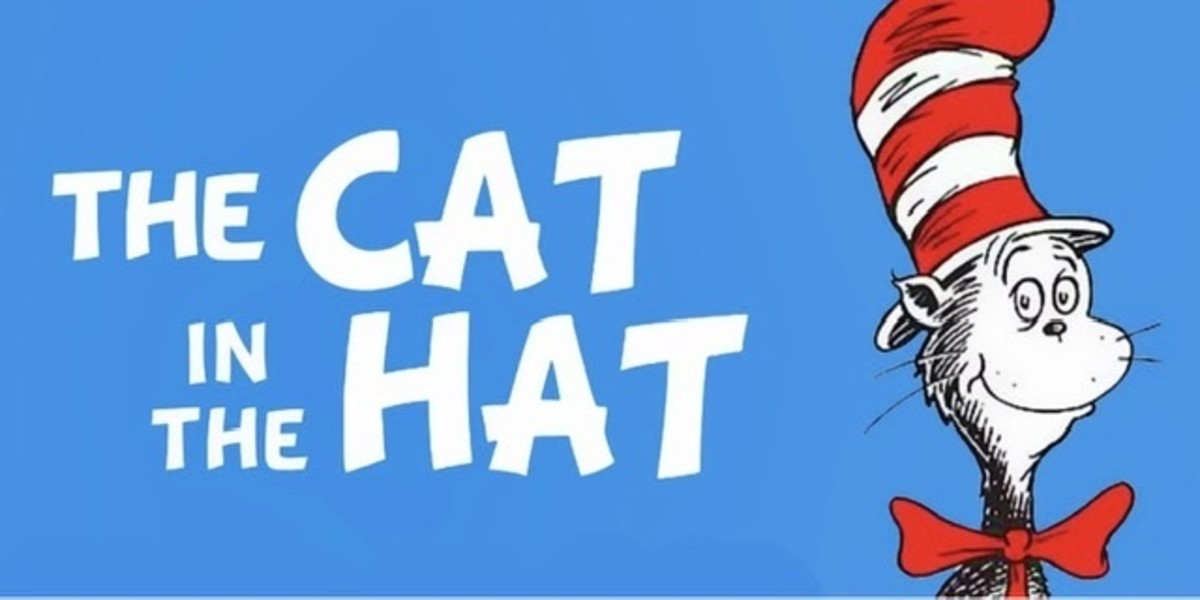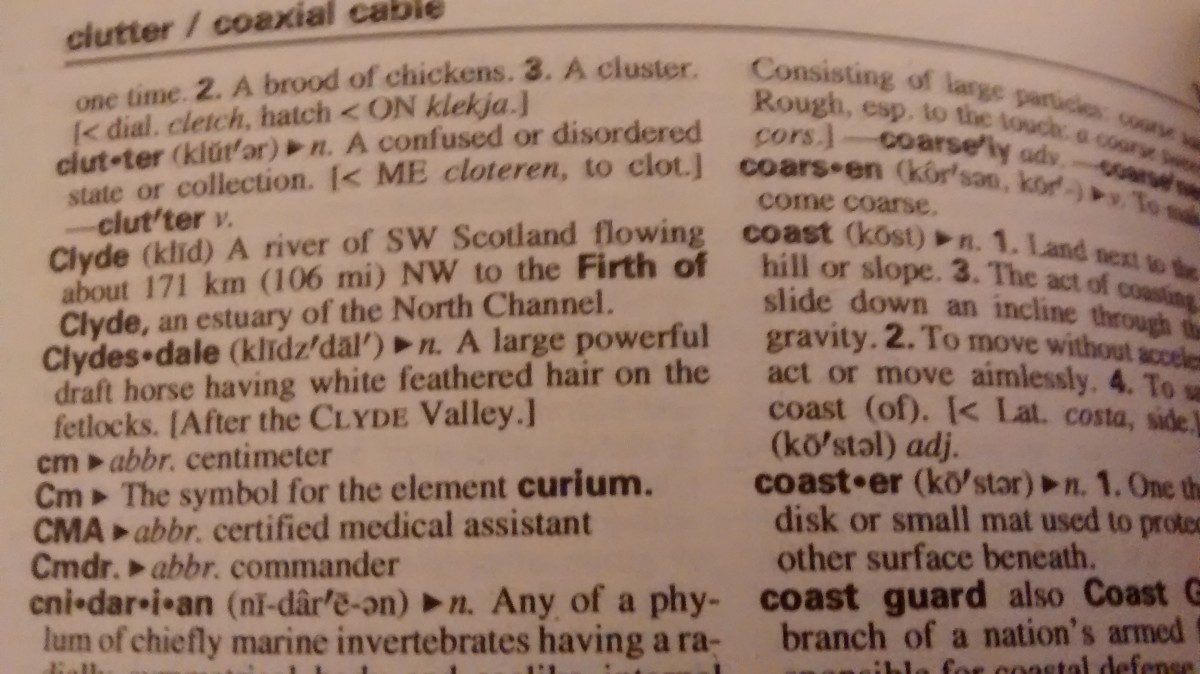- HubPages»
- Health»
- Quality of Life & Wellness»
- Personal Development
Life Tips From a Plant: A Natural Approach to Personal Growth

Sometimes, I envy plants. Plants seem to have it all figured out.
The way they go through life seems, well, a bit boring sure, but also their lives seem to be very tranquil. You have to admit, they do look pretty smug just sitting there all the time. Maybe they know something we don't? If we had a chance to talk to a plant, it might just have some interesting things to say. As a naturally curious human being, I decided to listen for a moment while the plants gave me some advice on life.
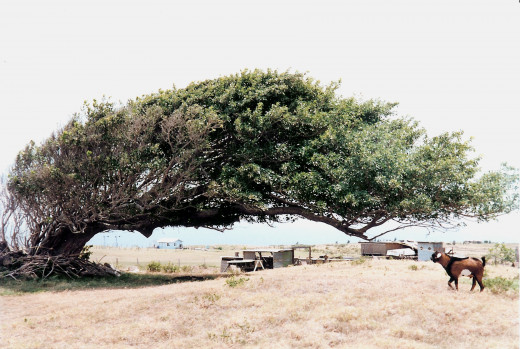
Resilience
"If a plant is not subjected to wind, it will not grow the strong stem required for when winds do come."
It's normal for people to grow up without too much pressure on them, especially if their family is well-off. Unfortunately those who are brought up significantly detached from the pressures of life might find themselves overwhelmed upon entering "The real world". Similarly, someone who has lived their whole life with kind, caring people will be more hurt by caustic remarks or harsh criticism. Plants are not defeatists though, this is not a maxim intended to drain the hope from your souls. On the contrary, the new addition of heavy winds in the life of a plant simply means that after the initial devastation, the plant will adapt to meet the challenges of it's existence, developing a stronger stem and deeper roots in the face of wind.
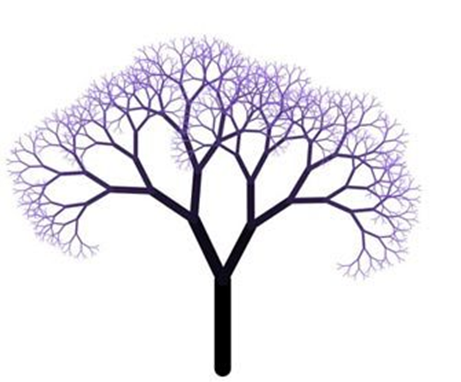
Hope
"When a plant branches out and grows in one direction, two new branches will grow from that branch."
By following through with an endeavor, new ideas and opportunities sprout up along the way that wouldn't have come otherwise. This is the same with meeting people, and growing a social life. By meeting a new person, you're likely to meet some of their friends as well. This growth whether career-wise, social, or whatever other aspect of your life you find this applies to, can become exponential. If one branch gives way to two more new branches, which each give way to two more, then you'll be left with a whole lot of branches that weren't there before, no matter how bleak you thought your options were when you began branching out.
Furthermore the approach a tree takes when it's looking for something it desires, whether its sunlight via the leaves on their branches or a different nutrient via the tendrils on their roots, the tree explores freely in all directions instead of limiting its search, and its existence, to a more confined area.
Plants really are alive, they just take a long time to do anything. This time-lapse video helps illustrate their lives.
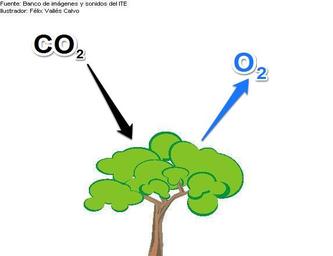
Sharing
"Plants live in symbiosis with their surroundings, giving back what they take."
Plants suck up nutrients from the ground, the water, the air, and the sun, but plants reciprocate too by emitting oxygen for us and many other creatures to breathe. Trees were around for a long time before humans evolved into being, if we are to subscribe to the evolutionary train of thought at least, and so their gift of oxygen to the world is something that we as humans have our evolutionary roots in.
Perhaps the story of humanity's evolutionary relationship with trees is something to learn from in itself. The world has been conquered before, by trees, but it could be said to have been a benevolent dictator. The life-form's symbiotic relationship with the planet allowed the opportunity for a new kind of life-form to come into being: us. From this evolutionary parable, another piece of plant-wisdom can be gleaned that is this time not metaphorical, and which is of course that we do, as humans, literally owe our existence to plants, not even including the ones we eat.
It is a symptom of our being that we exhale some carbon dioxide for plants to turn into oxygen. We too are inherently symbiotic life-forms like the trees are, otherwise we wouldn't have survived this long on the planet.
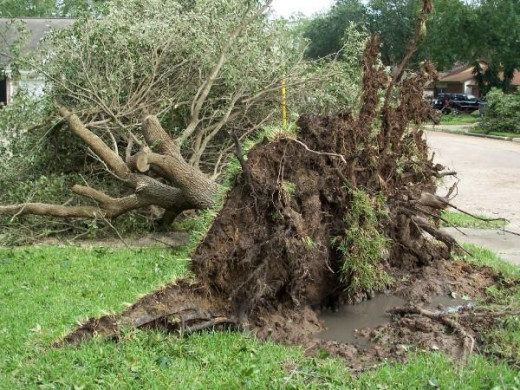
Stability
"If a plant is uprooted and re-planted too often, it will never have time to grow."
A plant needs stability in it's life to be able to focus it's energy on growing rather than just staying alive. Moving can be a hassle, but if we're to follow-through with this metaphor to the dot then the uprooting and replanting of a plant would actually correspond with the loss and regaining of what is essential for one to live. Maybe it is something you lost by moving, like your job. There's little time left over for personal growth when you're plagued by the constant worrying of whether or not you're going to be able to pay the bills. Maybe it's someone very close, essential to you even, who's no longer in your life. Even if one returns to the same soil they were uprooted from, the plant will take just as long to re-stabilize.
More plant tips to ponder,
- "Growth comes naturally, and can be accelerated with tender care, or decelerated by negligence."
- "Some kinds of plants live better together than others, but in the end they all seek to coexist somehow."
- "Any sudden and significant changes to the environment of a plant will stress it out, slow change is the best change for plants."

A Philosophical Perspective on the Reasonability of Emulating Plants
Stoic naturalists like Roman Emperor Marcus Aurelius, who sought to emulate nature, were intellectually shot down by late 19th century philosopher Friedrich Nietzsche who reminded us that the thoughts and actions of humans are just as 'natural' as what we call nature (the outdoors, plants, animals and such) and basically that one can't use the word one is trying to define in its own definition. The plants and the idea of nature are just a conduit for the person's own views, and therefore those that idolize plants and the natural world (excluding humans) as the end-all, be-all symbolic representation of ultimate wisdom are really just taking heed of and creating their own set of knowledge while using the plants as a means of communicating their views while sometimes simultaneously expanding their knowledge of the physical world, or nature, that they inhabit. That is, if they spend time poking around forests discovering things while thinking about this stuff.

So you've read through everything on here and you still want more plant tips. Here's what you do.
For more pondering of life through the eyes of a plant, pick up a copy of the literary classic "Meditations" written by ancient Roman Emperor Marcus Aurelius. The book was originally his personal diary, but was found after his death and published. Now, his personal diary has been read across the globe and still offers useful insight into life from a powerful man seeking altruism in a world far worse off ethically than ours is today.
Also, try "Walden" by Henry David Thoreau, whose last name is also on the spell-check's dictionary and therefore means he probably had something interesting to say. There's certainly a unique version of the much talked about "natural perspective" to be taken from the book.
By the time you've branched out in both these directions and finished the two books, you'll have discovered four more new ways to get your fill of reflection over the natural world.
I wish you a journey rife with learning. May your soil be healthy and may the sun be ever on your leaves.



